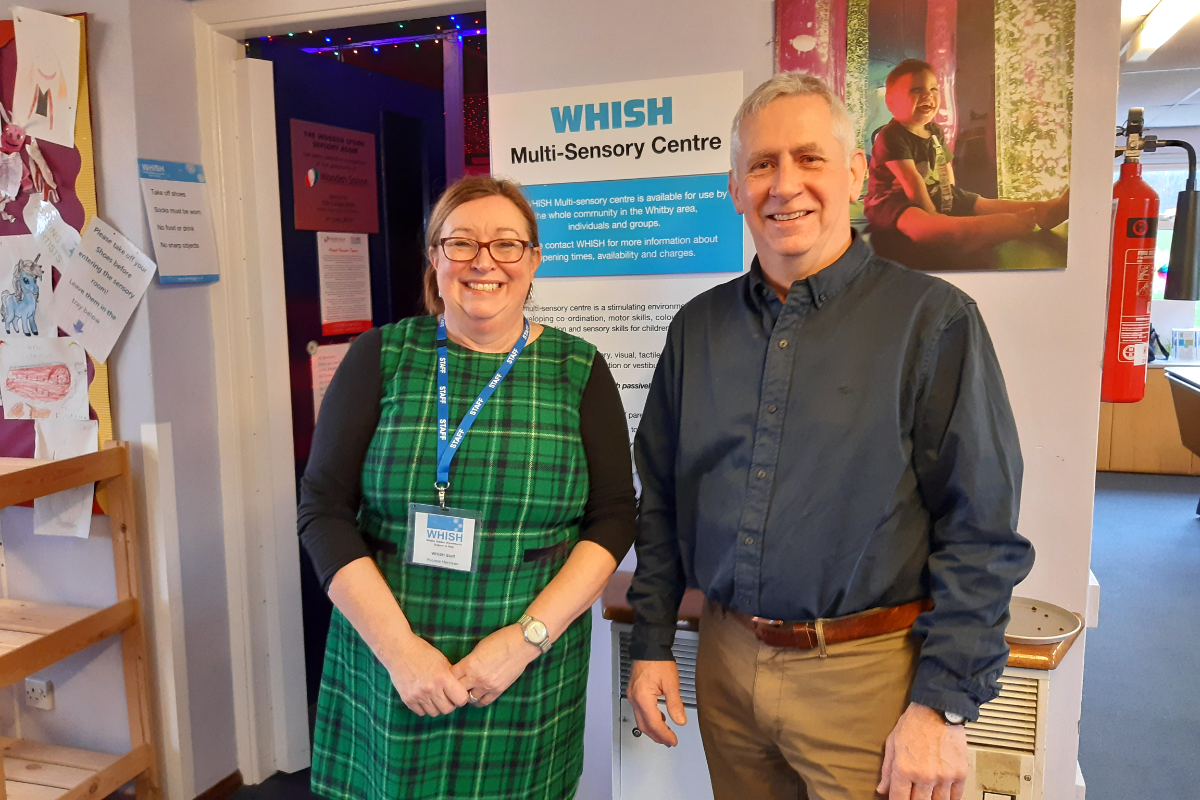
A Whitby charity supporting children with disabilities and hidden impairments has been praised for its ‘life-changing’ work by those relying on its services and by the county’s mayor.
During an official visit to Whitby Hidden Impairments Support and Help (WHISH), York and North Yorkshire’s elected mayor David Skaith said that supporting rural charities and community groups was a top priority for his administration.
It comes as more than 21 community halls and hubs, including WHISH, were given a total of £600,000 from a mayoral fund to help finance renovations with further money set to be made available later this year.
Mayor David Skaith says supporting rural charities and community groups is a top priority for his administration.
Mr Skaith said:
“As a combined authority we can look over the whole region and see where those areas are that are in need of certain services and we can step in.
“If we can find those gaps and there is a need for a service in Whitby or Scarborough or wherever then we can work with organisations that are already there to ramp up their offering,”
Parents who use the services provided by WHISH said the charity was “a lifeline” and had given them and their children a “safe haven” as well as providing recreational and educational activities that would have otherwise been inaccessible.
The charity is open six days a week and provides a multi-sensory room as well as various activities for children and teenagers including after school clubs, a food bank, swimming lessons, and cookery classes.
Cheryl, a foster carer to 12-year-old twin boys, said:
“This is a place where they fit in and they’re happy and the staff are brilliant.
“It also gives us other people to talk to and the children do so many different things from horse riding to sports days, and days out – there’s just so much on offer.”
Funding for the charity from the mayor’s community programme included £22,000 for a new lift to improve accessibility, £22,000 for toilets to make them accessible and funding for sport and active travel that “taught children how to go on a bus on their own, how to travel on the train”.
Yvonne Harrison, project manager at WHISH, said:
“We’re currently reaching around 30 per cent of the children with disabilities [in the area], but we’d like to reach all of them.”
Ms Harrison noted that the charity had seen a growing demand for support after the Covid pandemic partly due to the rising cost of living.
“We’ve had parents who’ve said they haven’t been able to afford to buy washing powder because they have had to spend the money on food.”
“If you have a disabled child, you’re more likely to be poorer, you’re more likely for your relationship to break down, you’re more likely to be a single parent – so we’ve got disability and poverty, and then we’ve got rurality, so if there isn’t a bus service, you live on the Moors, or even just five miles outside Whitby, [perhaps] you can’t get into Whitby.”
When asked what action he was taking to ensure that people living in rural areas had access to their improved community facilities, the mayor, Mr Skaith, admitted that it was “the single biggest challenge we face in the region”.
He said he had
“a team who have been designing our transport plan going forward as we will take control of transport from April of this year” and that he was “working closely with the Dales Bus and the Moors Bus to see how we can ramp up their services and their offering as well”.
Mayor Skaith says the county's community hubs need support.
The Mayor says supporting community hubs is aa important building block for other aims around the economy and skills development.
Mr Skaith says that getting access to oppertunities is key for peoples individial development and he hopes spending money on the regions community hubs wiull help provide better access to those oppertunbities.
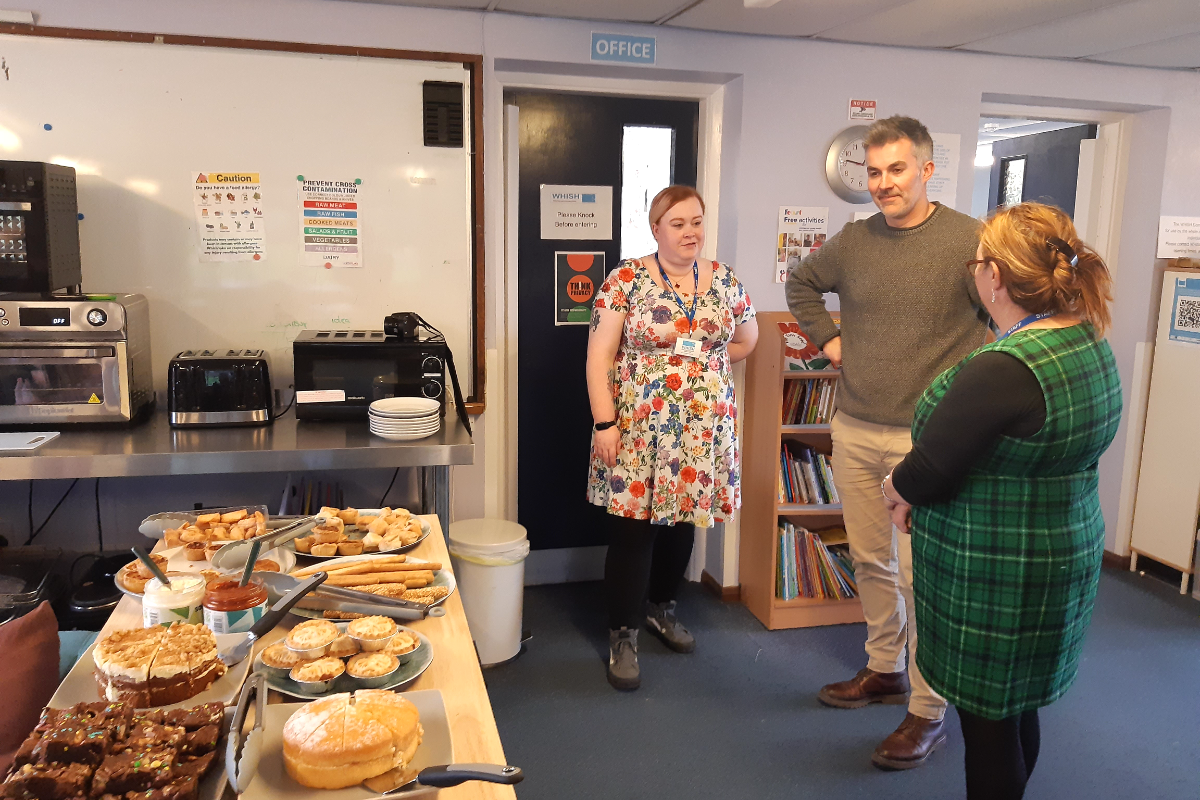
David Skaith with staff and volunteers at WHISH




 Extra Money for Bridlington Rough Sleeper Programme
Extra Money for Bridlington Rough Sleeper Programme
 £1.2m for Town Investment Plans in North Yorkshire
£1.2m for Town Investment Plans in North Yorkshire
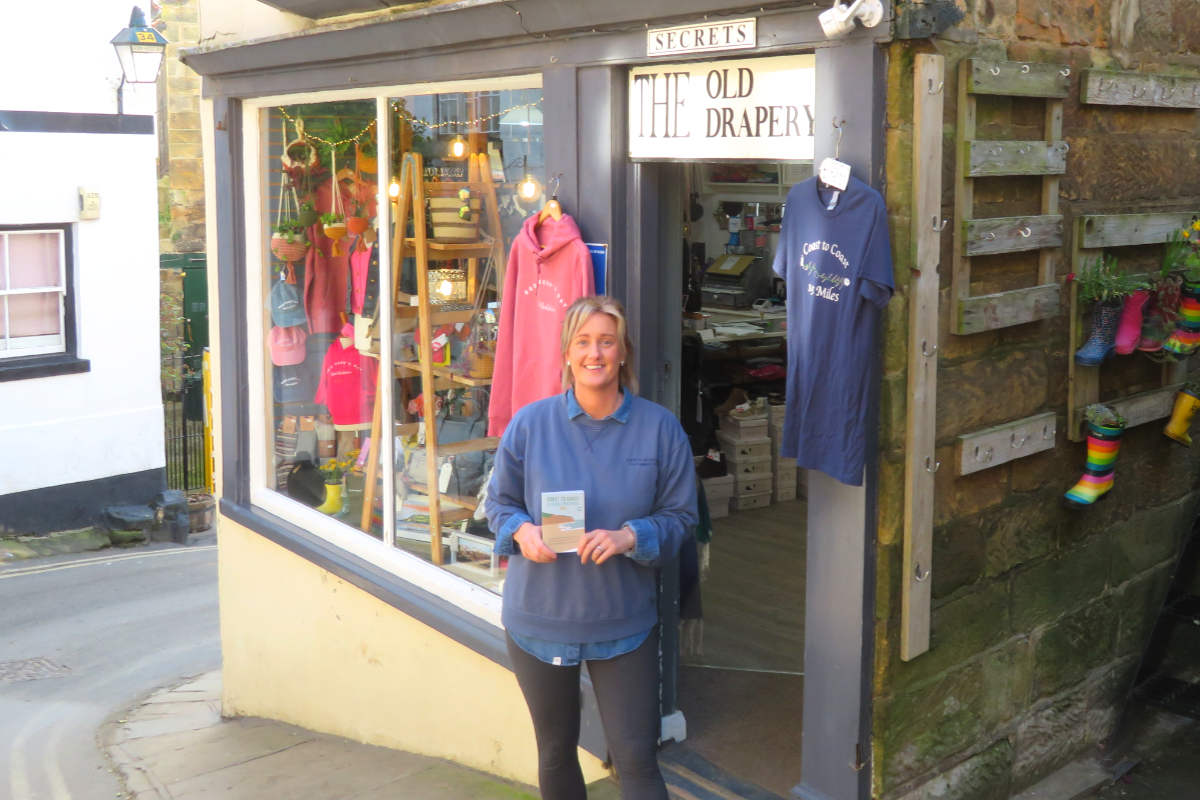 Coast to Coast Passport Launched With Special Role for Robin Hood's Bay
Coast to Coast Passport Launched With Special Role for Robin Hood's Bay
 Yorkshire Coast GP Practices Among Those to Receive Modernisation Funding
Yorkshire Coast GP Practices Among Those to Receive Modernisation Funding
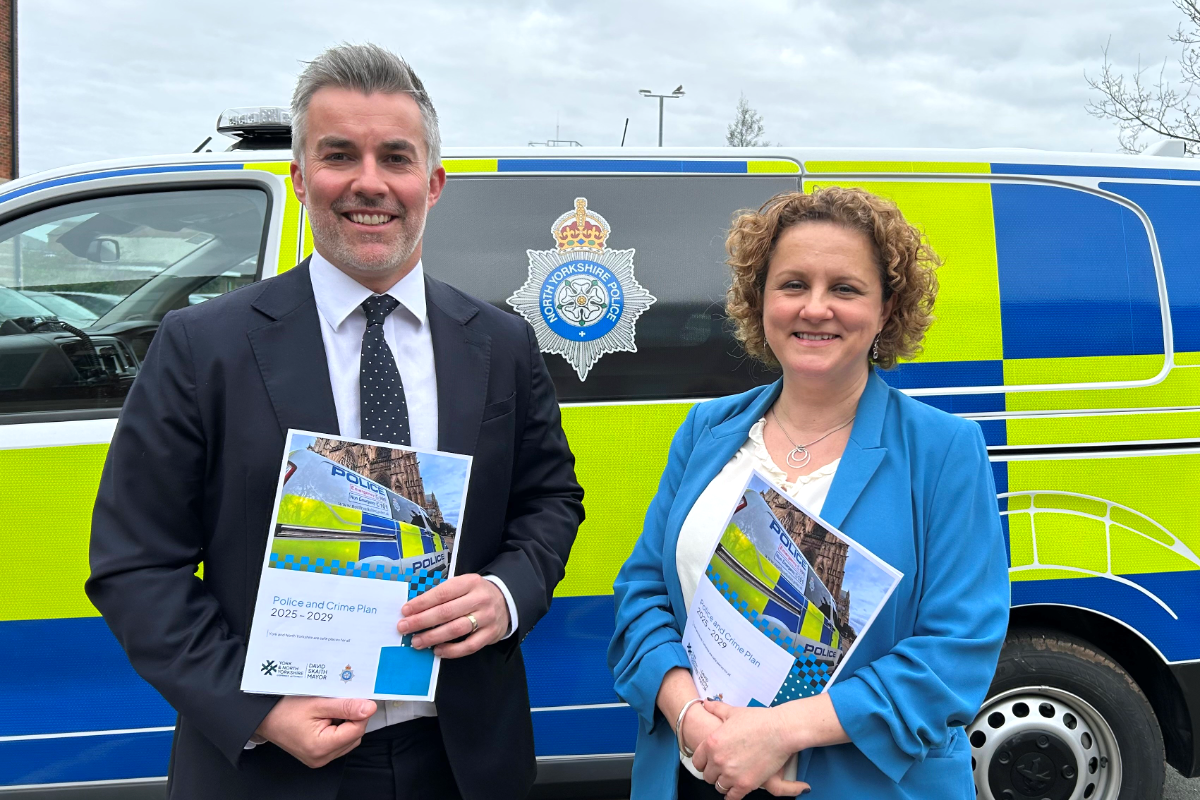 Mayor Welcomes Extra Police Officers For North Yorkshire
Mayor Welcomes Extra Police Officers For North Yorkshire
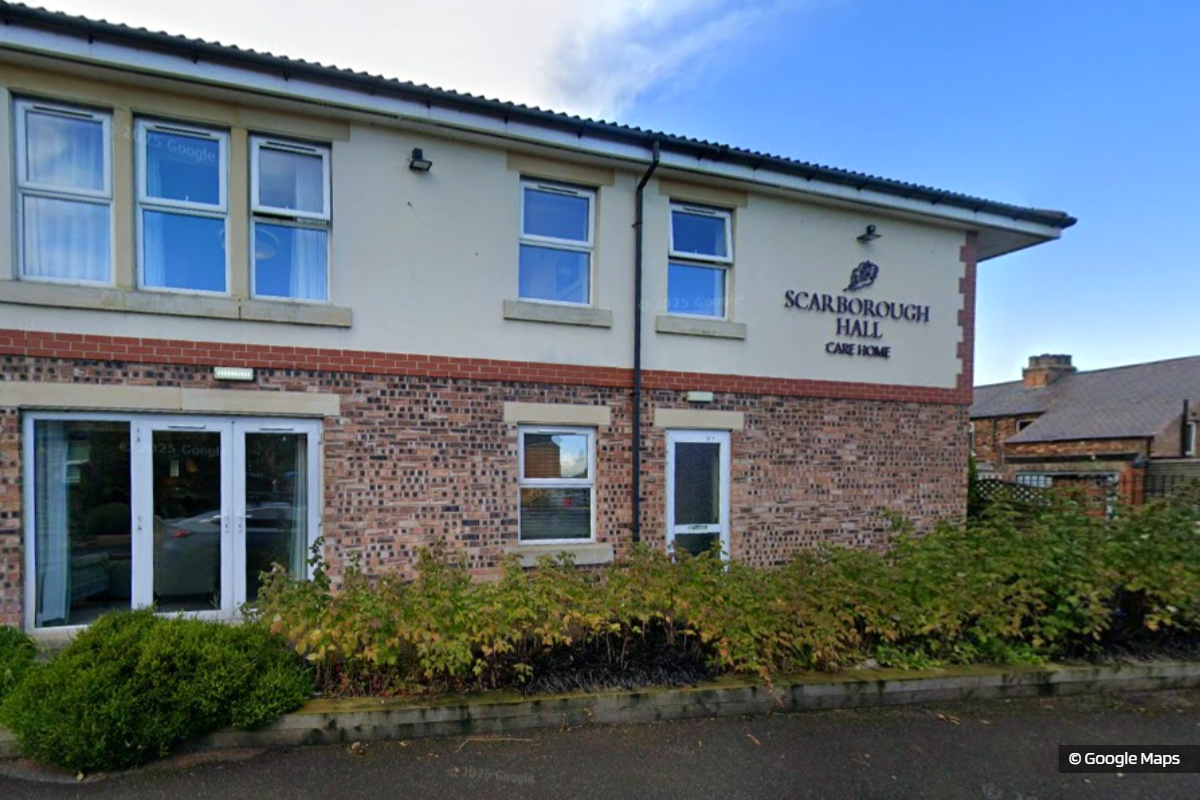 Scarborough Care Home Rated "Good" in all Areas After CQC Inspection
Scarborough Care Home Rated "Good" in all Areas After CQC Inspection
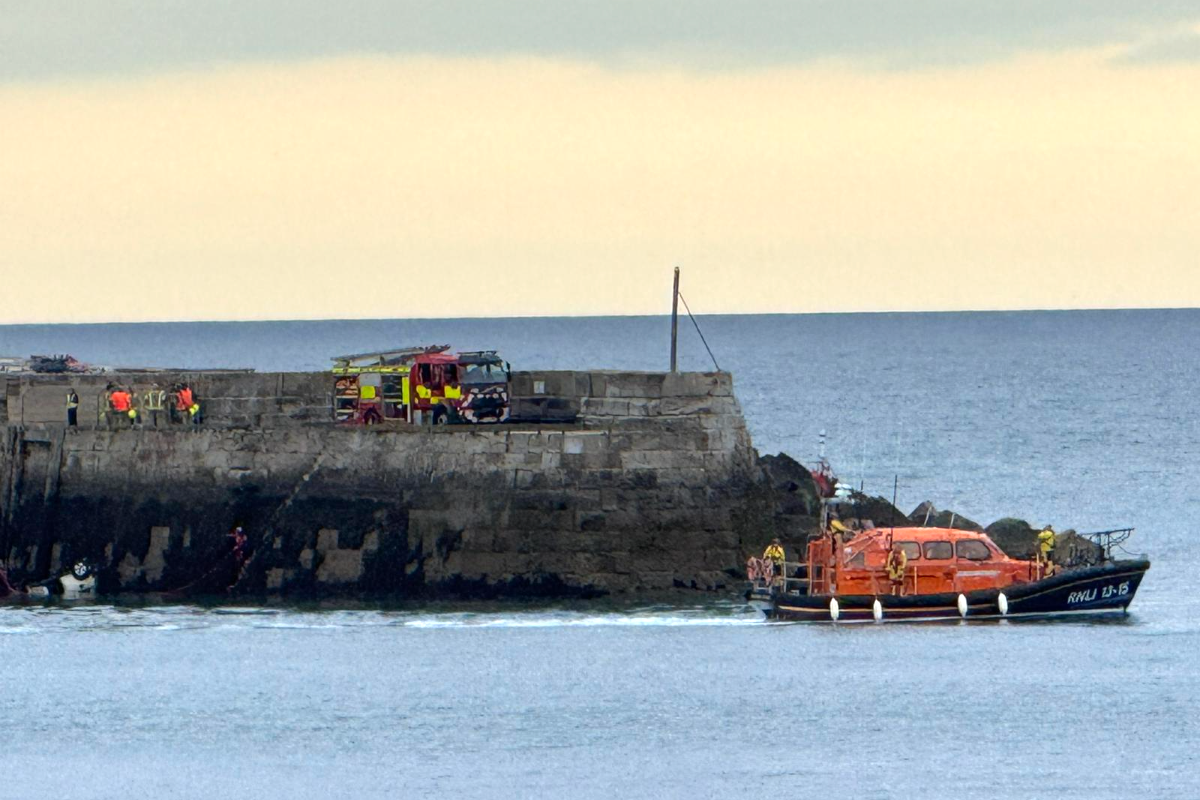 Man Receiving Emergency Treatment After Car Comes Off Pier in Scarborough
Man Receiving Emergency Treatment After Car Comes Off Pier in Scarborough
 Emergency Services at Scarborough Harbour After Vehicle Enters the Water
Emergency Services at Scarborough Harbour After Vehicle Enters the Water
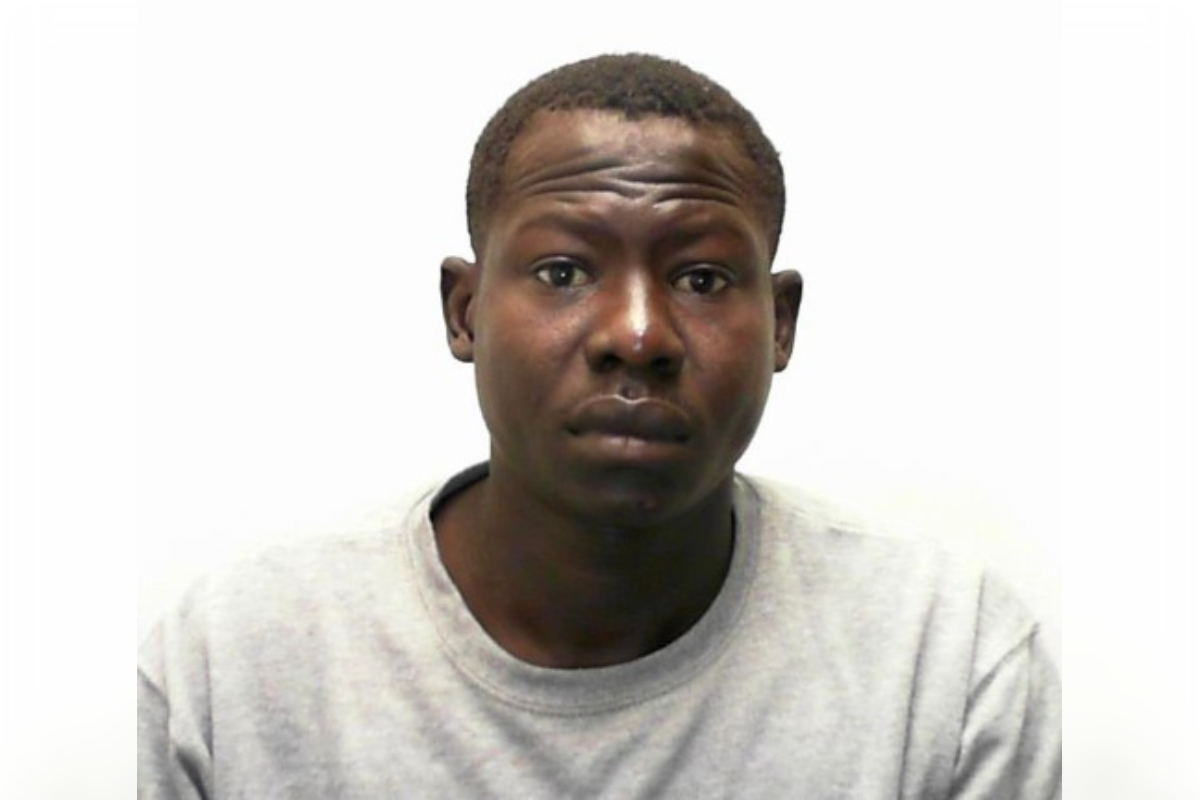 Man Jailed for 16 Months for Sexually Assaulting Vulnerable Woman in Scarborough
Man Jailed for 16 Months for Sexually Assaulting Vulnerable Woman in Scarborough
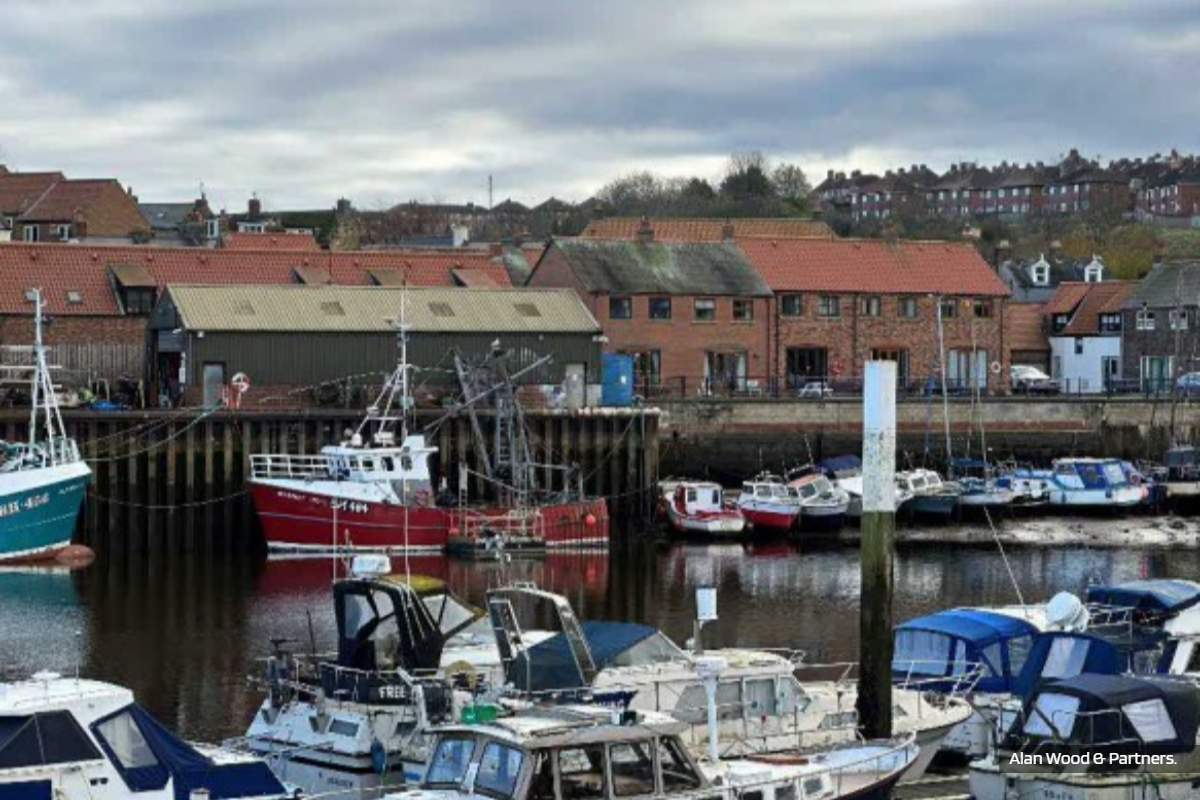 Urgent Wharf Repairs in Whitby Approved
Urgent Wharf Repairs in Whitby Approved
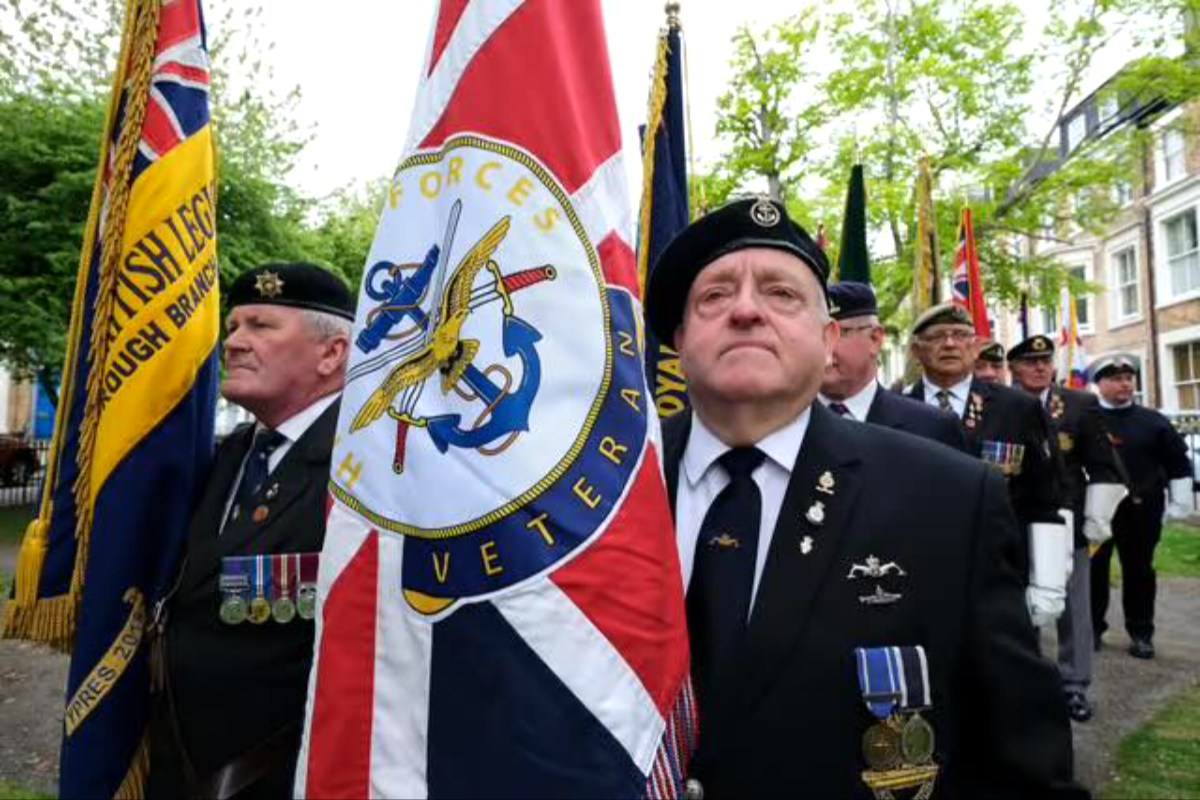 Scarborough Marks VE Day Anniversary
Scarborough Marks VE Day Anniversary
 Yorkshire Coast Communities to Mark VE Day 80 with Beacon Lightings
Yorkshire Coast Communities to Mark VE Day 80 with Beacon Lightings








Comments
Add a comment